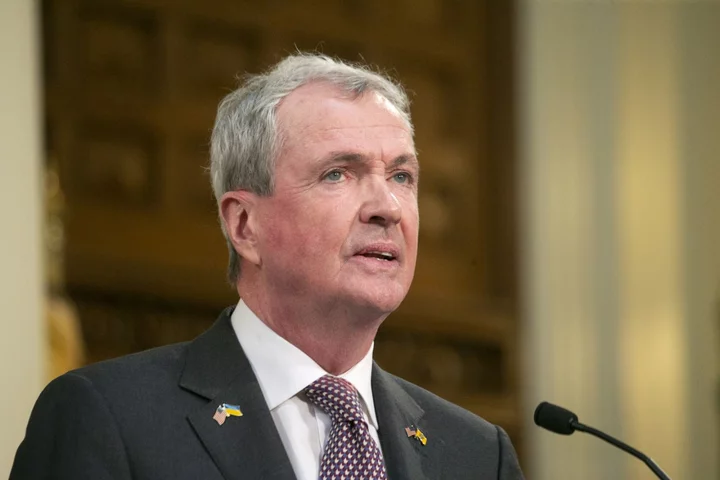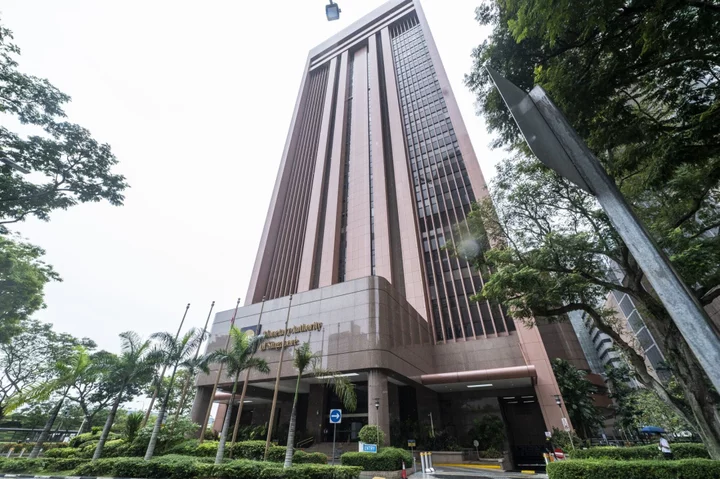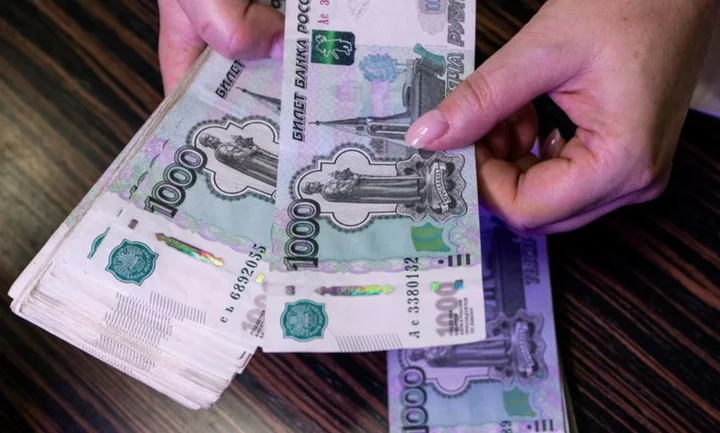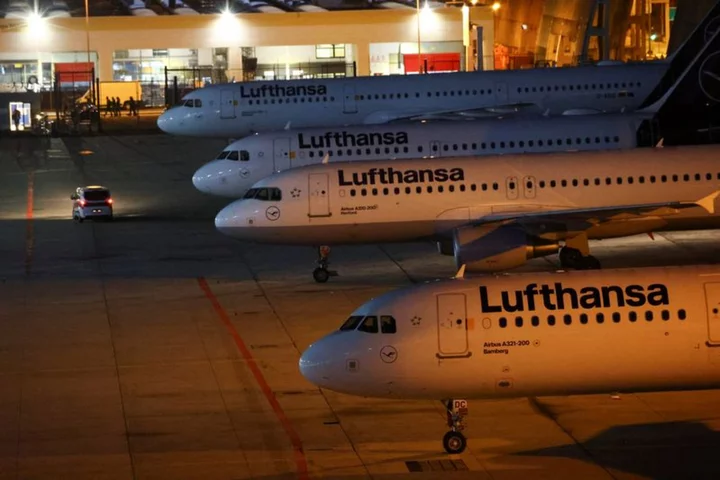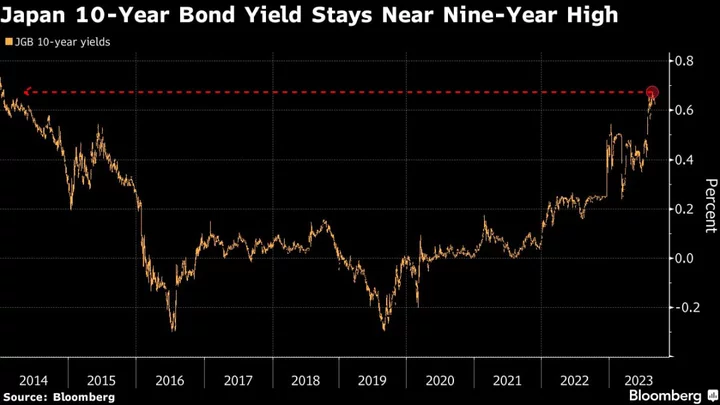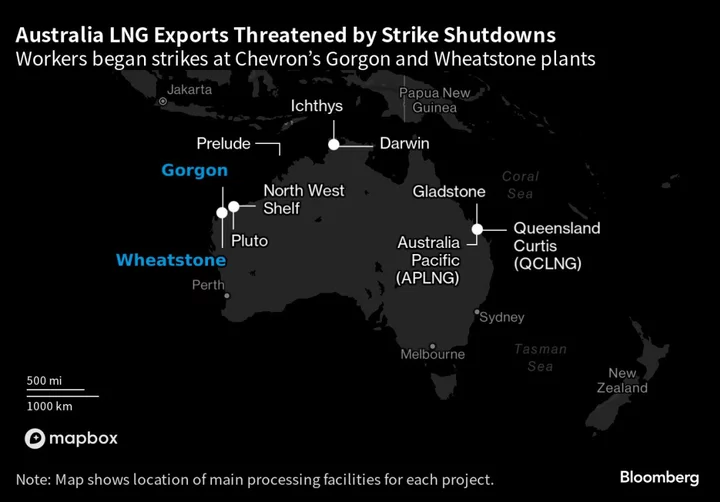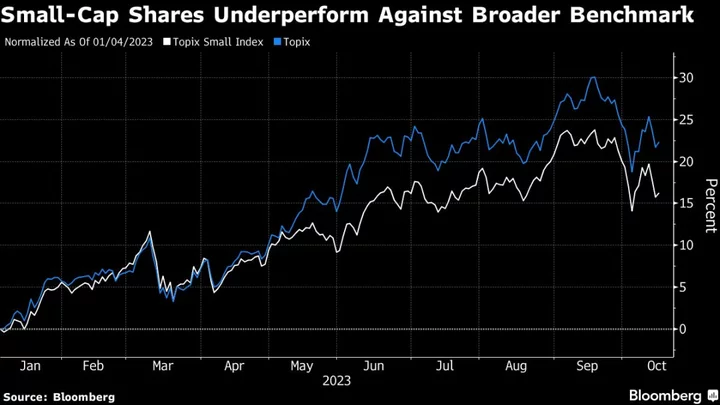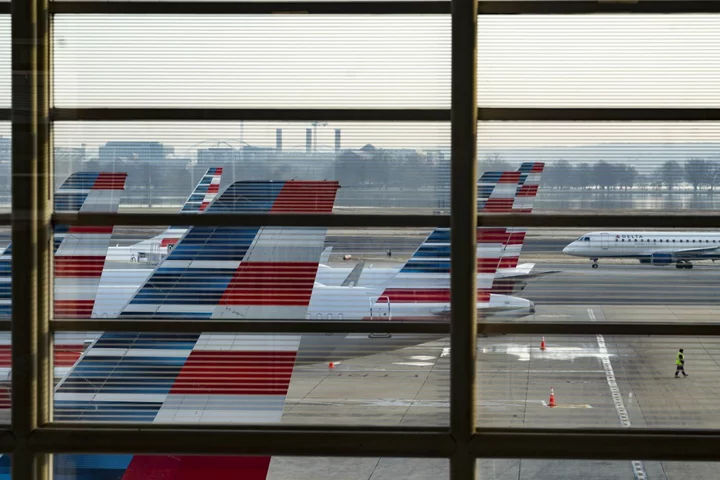A lawsuit filed yesterday by New Jersey threatens to delay a first-of-its-kind plan to charge motorists to drive into Manhattan’s core business district, with Governor Phil Murphy urging a court to consider how the tolling plan would saddle his state’s residents with more traffic and pollution.
New Jersey’s federal suit against the US Department of Transportation asks the court to require a longer, more detailed environmental review of the new tolling plan, called congestion pricing. The Federal Highway Administration approved that program last month, a decision the Garden State says is ill-considered and missed numerous risks to the state’s residents.
Murphy had warned that he would seek legal action if federal agencies gave approval for the program to move forward. If a judge agrees that the plan needs more impact review, that would setback the initiative’s goal to ease traffic in midtown Manhattan, reduce pollution and modernize New York City’s subway system. The Metropolitan Transportation Authority, which runs the city’s subways, buses and commuter rail lines, is charged with overseeing congestion pricing.
“This has been in the works for quite a while,” said Nestor M. Davidson, director of the Urban Law Center at Fordham University School of Law. “Could you get a judge who is skeptical about the level of outreach to New Jersey communities and groups that will be impacted by this? It’s quite plausible but you also have a federal agency that has a lot of experience with this process.”
Such lawsuits are common with large-scale projects and infrastructure developments are regularly challenged by groups who claim their interests weren’t adequately considered during the environmental review process, he said.
Read more: What Congestion Pricing’s Arrival in NYC Would Mean: QuickTake
Nancy Singer, a USDOT spokesperson, said in an email that the agency doesn’t comment on pending litigation.
The new toll is expected to bring in $1 billion annually that the MTA will bond against to raise $15 billion to extend the Second Avenue Subway into Harlem, upgrade signals to reduce delays, make the subway system more accessible and add more electric buses to its fleet.
Begin Paying
Drivers could begin paying the new charge as soon as the second quarter of 2024. E-ZPass passenger cars driving south of 60th Street, the city’s central business district, may pay as much as $23 to enter the area during peak hours and $17 during off-peak times.
For New Jersey E-ZPass car drivers, that means a potential $23 charge on top of the $14.75 peak-hour toll they pay on the Lincoln and Holland Tunnels and the George Washington bridge.
“At a time when prices are rising, this massive increase in tolls would mean hundreds of dollars a month for families that need that money for essentials,” Murphy said Friday at a press conference in a Fort Lee gym right by the George Washington Bridge.
Senator Bob Menendez of New Jersey took a sharper tone, calling it a “brazen money grab,” during the Fort Lee press conference.
Many groups want an exemption from the new toll, including New Jersey commuters who already pay to cross certain bridges and tunnels to get to Manhattan. While an exemption would benefit New Jersey commuters, it may mean a higher congestion pricing charge for other motorists because the program needs to bring in $1 billion a year to support the MTA’s capital needs.
“If we give a full credit for crossing, than we’re not dealing with congestion at all from the west,” Carl Weisbrod, chair of the Traffic Mobility Review Board, which will develop the tolling structure, said Wednesday following the panel’s first meeting. “How we deal with that, I think, remains to be seen.”
Long Opposition
The plan’s supporters say it is necessary to ease congestion in the district, reduce pollution and boost transit ridership, which has yet to return to pre-pandemic levels. London, Stockholm and Singapore have used similar fees. But commuters and politicians in New Jersey, as well as drivers who enter Manhattan from the outer boroughs including Brooklyn and Queens, have long opposed the idea.
MTA officials anticipate congestion pricing will cut the number of daily vehicles entering the district by as much as 20%. About 1.5 million people work in Manhattan’s central business district, and 143,000 of them drive into the area, according to the MTA. That doesn’t include those driving in for reasons other than work.
On average, about 147,000 people take New Jersey Transit public trains and buses to and from Manhattan on weekdays. Weekday rail ridership is back to about 65% of pre-Covid levels with overall bus ridership system-wide at about 85% of pre-pandemic levels, according to official figures. Those figures don’t include PATH commuters.
The MTA’s chief of external relations, John J. McCarthy, in a statement called the lawsuit “baseless” and said the review looked at “every conceivable potential traffic, air quality, social and economic effect, and also reviewed and responded to more than 80,000 comments and submissions.”
New York Governor Kathy Hochul, when asked about the lawsuit during a press conference Friday, said New Jersey commuters will benefit from MTA’s transit improvements, and reducing Midtown traffic is vital for the area.
“Emergency vehicles, police and fire, they can’t get to people in need,” Hochul said. “People are having trouble getting to their jobs. Delivery trucks are just losing time, and time is money for our small businesses. So, we’re going to make these changes regardless of what happens.”
Congestion pricing is a rare source of disagreement for the two Democratic governors. Hochul wants to fix midtown Manhattan’s gridlock while providing a new revenue source for the MTA. Murphy says it will increase pollution and traffic in some New Jersey neighborhoods while forcing his constituents to pay for New York’s mass-transit projects.
The new toll will affect New York City residents too, as car ownership in the city increased during the pandemic. The number of households without a car dropped by 40,705 in 2021 to 1.73 million, down from 1.77 million in 2019, according to US Census data.
--With assistance from Skylar Woodhouse.

